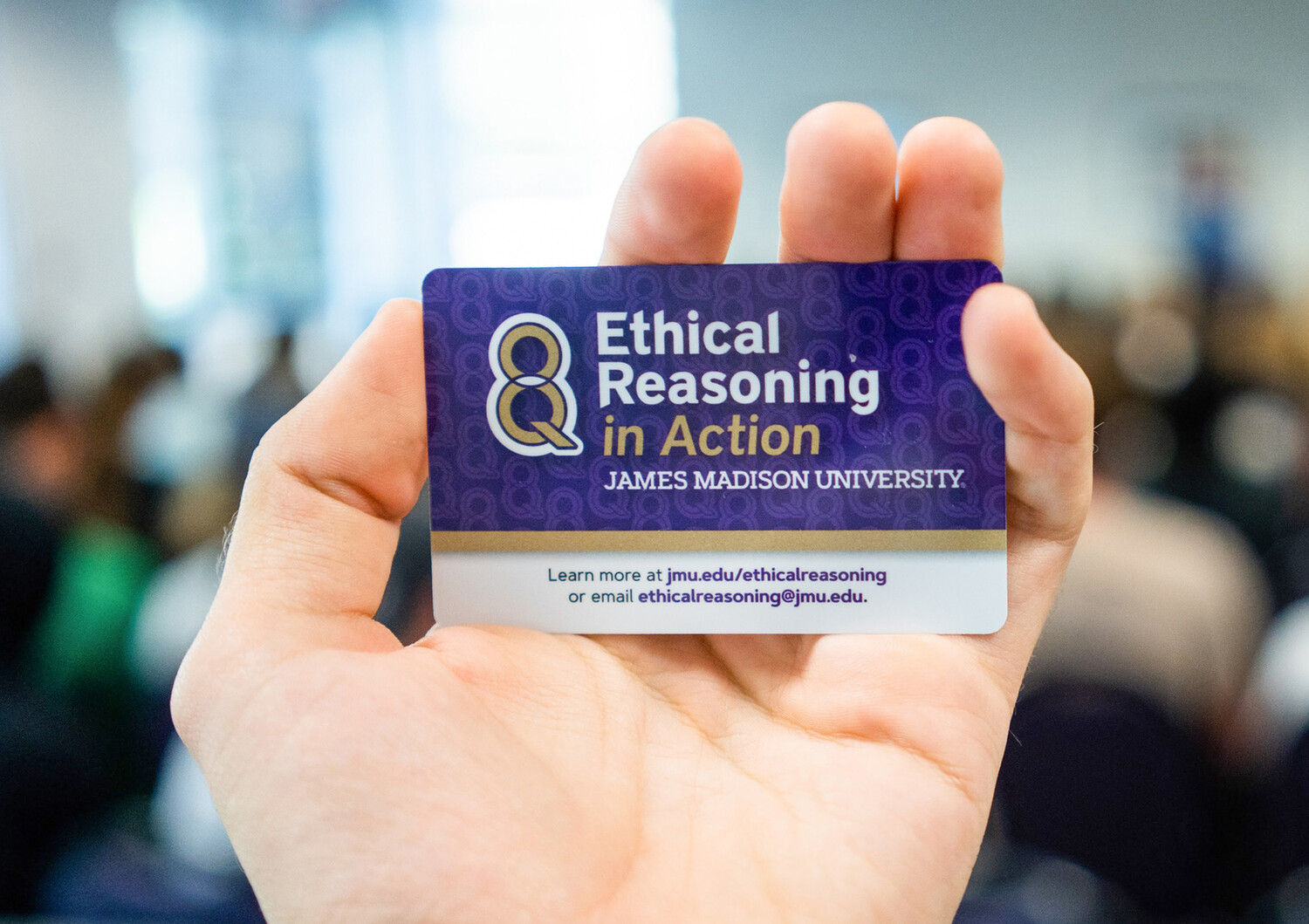In an age when technology guides and reshapes education, artificial intelligence is transforming how college classrooms function.
ChatGPT, a large language model chatbot developed by OpenAI, is well known on campuses nationwide. The platform has gained notoriety over the past year due to its ability to generate content in response to various prompts, questions and themes. But ChatGPT, which launched on Nov. 30, 2022, is limited in information, only drawing on what it was taught prior to September 2021.
Here at JMU, professors are beginning to include guidelines on the use of ChatGPT in their course syllabi as well as the consequences. For students, the technology is a point of contention.
Fourth-year Writing, Rhetoric and Technical Communication major Rachel Finfrock, who is taking a class in Rhetorical Analysis this semester, says AI is not as helpful as some might assume.
“I find the current version of ChatGPT to only be useful when it comes to idea generation,” Finfrock said. “I find it highly unreliable when it comes to factual information. … All in all, I believe ChatGPT is a very useful tool, but it takes much more work than what it’s worth to feed it the correct inputs in order to get an answer you really want.”
Others view it more cautiously. Second-year WRTC student Via Chapin sees the danger AI poses, especially in creative fields.
“ChatGPT presents a threat to academic integrity, and also to human artistry and creativity,” Chapin said. “I think it’s particularly dangerous because it copies existing material created by real people and could make writers and artists obsolete.”
The students say the use of AI in the classroom varies from professor to professor.
“A lot of my classes are attempting to embrace what ChatGPT can do,” Finfrock said. “One of my professors had given me an assignment with the specific instruction to use ChatGPT to inform a writing assignment.”
While Finfrock admires her professors taking the initiative to experiment with the tool, Chapin tells a different story.
“AI is prohibited in most of my classes, because students can abuse it for plagiarism purposes, and other than saying we can’t use it, we don’t really talk about it,” Chapin said.
